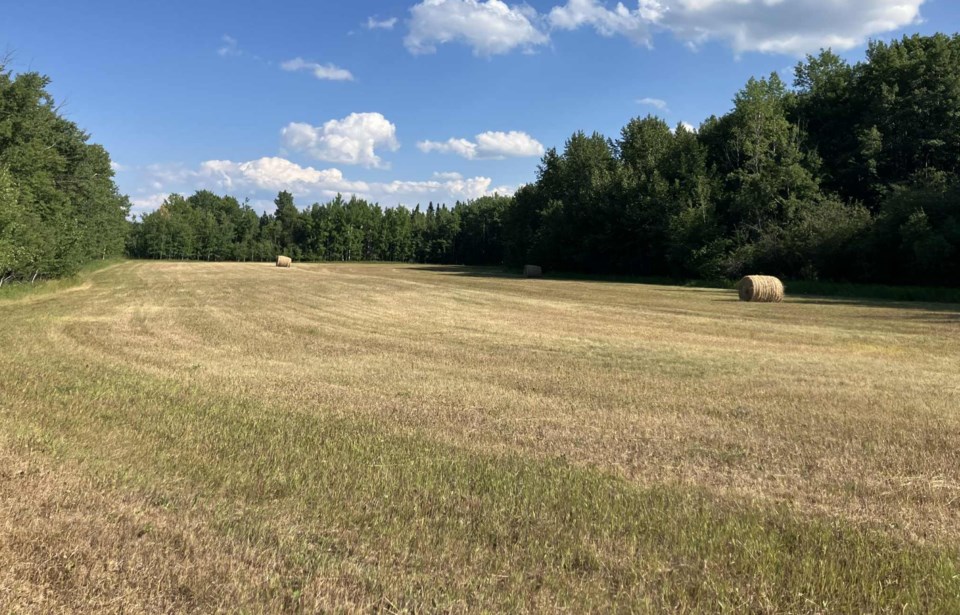Working as a reporter for a small-town newspaper, I cover a variety of community events, local news, and other happenings in the Lakeland.
My job also provides me with a fantastic opportunity to get to know the local community - especially its history.
Communities in the Lac La Biche region, including the hamlet of Lac La Biche, Plamondon, Hylo, Craigend, and Venice, like thousands of other rural communities across Canada, have a very rich agricultural history, one that has been on the decline since the 1960s.
Let’s go back in time, to a century ago. The year is 1925, and much of the countryside in Alberta and across Canada, is dotted with small, 50-to-100-acre farms. There are relatively few automobiles on the roads, and horses are still the primary mode of transportation.
These little farms were the lifeblood of the communities that were built up around them. They also contributed to a thriving local economy based on agriculture, one that included blacksmith shops and later farm machinery businesses, mills, markets, and more.
On many occasions, I have had the opportunity to chat with older residents from the Lac La Biche region, many of whom fondly remember the ‘good old days’ when life was centred around these small farms and tight-knit communities. It was a time in history when life was simpler, neighbours helped each other, and while people didn’t have massive homes or purchase endless consumer products, there was usually enough to eat, and people didn’t want for anything.
As we sit here in 2025 and look at our very technologically driven future ahead, it’s hard to imagine what life would have been like even just a few generations ago, when most Canadians still lived in rural areas.
My home province of Prince Edward Island is a great example of this. A well-known PEI author, David Weale, has written a great deal about the history of the Cradle of Confederation, which took place in 1864.
One of David’s books, ‘Them Times’ tells the story of what PEI was like prior to and just after the Second World War, an era when change slowly started to happen on PEI. These changes would continue in the traditionally isolated farming and fishing island province over the next several decades.
Having lived in Alberta for the past two and a half years, I see quite a few similarities with PEI, especially the once-vibrant farming communities that have declined, with their residents leaving for a better life.
Looking into the past, I wonder if our society could ever return to such a way of life. Given how fast and efficient everything is today, such a scenario seems unlikely. But then again, life has a way of going in circles, and, as the expression goes, what’s old is new again.



